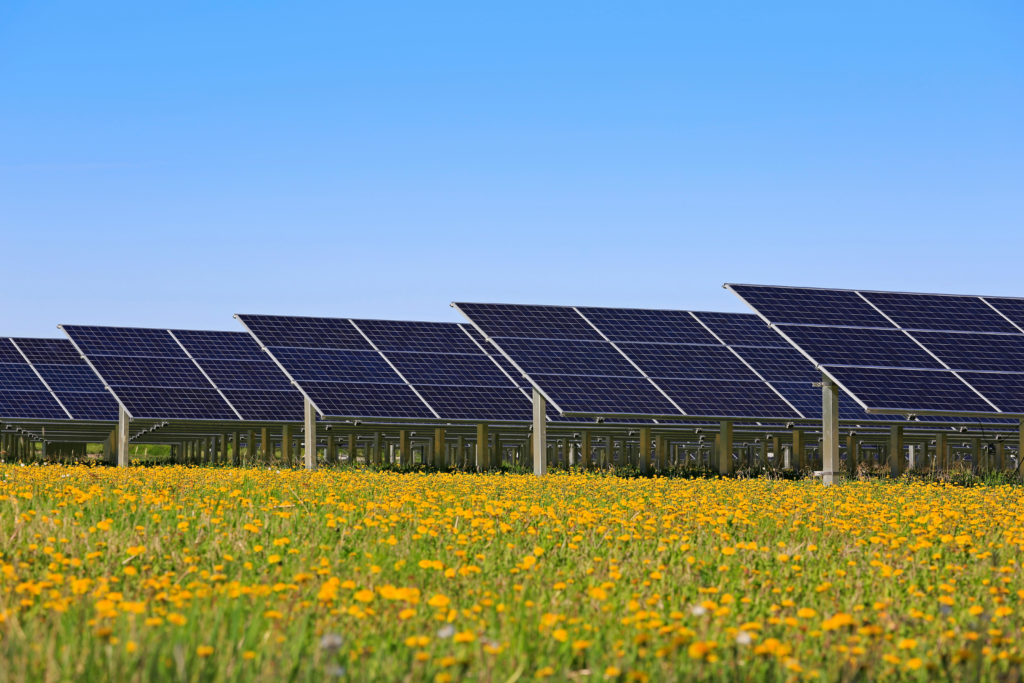TASHKENT
Uzbekistan will move a step closer to reducing its dependence on fossil fuels after launching a 100-megawatt solar power plant near the ancient Silk Road city of Samarkand by the end of this year.
The European Bank for Reconstruction and Development (EBRD), the European Investment Bank (EIB) and France’s Proparco, a subsidiary of Agence Française de Développement, approved a financing package worth 87.4 million euros ($106 million) to build the plant in May.
The financing consists of an EIB loan of 43.7 million euros and two loans of around 21.8 million euros each from the EBRD and Proparco.
The project has been implemented by Tutly Solar LLC, which is fully owned by Total Eren, a leading producer of power from renewable energy sources, based in France.
Uzbekistan’s Energy Ministry said that the connection of the first generation capacity to the unified energy system was scheduled for October 2021, and the full launch of the project – for December 2021.
Currently, the preparation of the land plots, the construction of access roads and necessary fencing has been completed. The process of import equipment supplies and the project staffing is in progress.
Once implemented, the Samarkand project will help reduce annual greenhouse gas emissions by 160,000 tonnes of carbon dioxide equivalent and generate an additional 270 GWh of electricity for thousands of residents of the Samarkand region.
The plant will generate 260 million kilowatt-hours of electricity annually, and its modern energy-efficient equipment will save up to 76 million cubic metres of natural gas per year.
After more than two decades of economic isolation, Uzbekistan is working on improving its investment climate to attract foreign and private businesses. It is also seeking to reduce its dependence on fossil fuels by attracting investment to its as yet untapped renewable energy resources. Experts say that the Samarkand plant launch will be a big step in developing the country’s renewable energy strategy.
President Shavkat Mirziyoyev, once a prime minister under the old regime, has led the push to open his country up to the outside world, he has made attracting foreign investors one of his top priorities through an ambitious programme of unexpectedly swift economic reforms, as well as some political ones.
According to the EBRD, the plant will help diversify Uzbekistan’s energy mix, which is currently dominated by fossil fuel-fired power stations. It will also increase generation capacity and the reliability of supply to address the growing demand for electricity.

